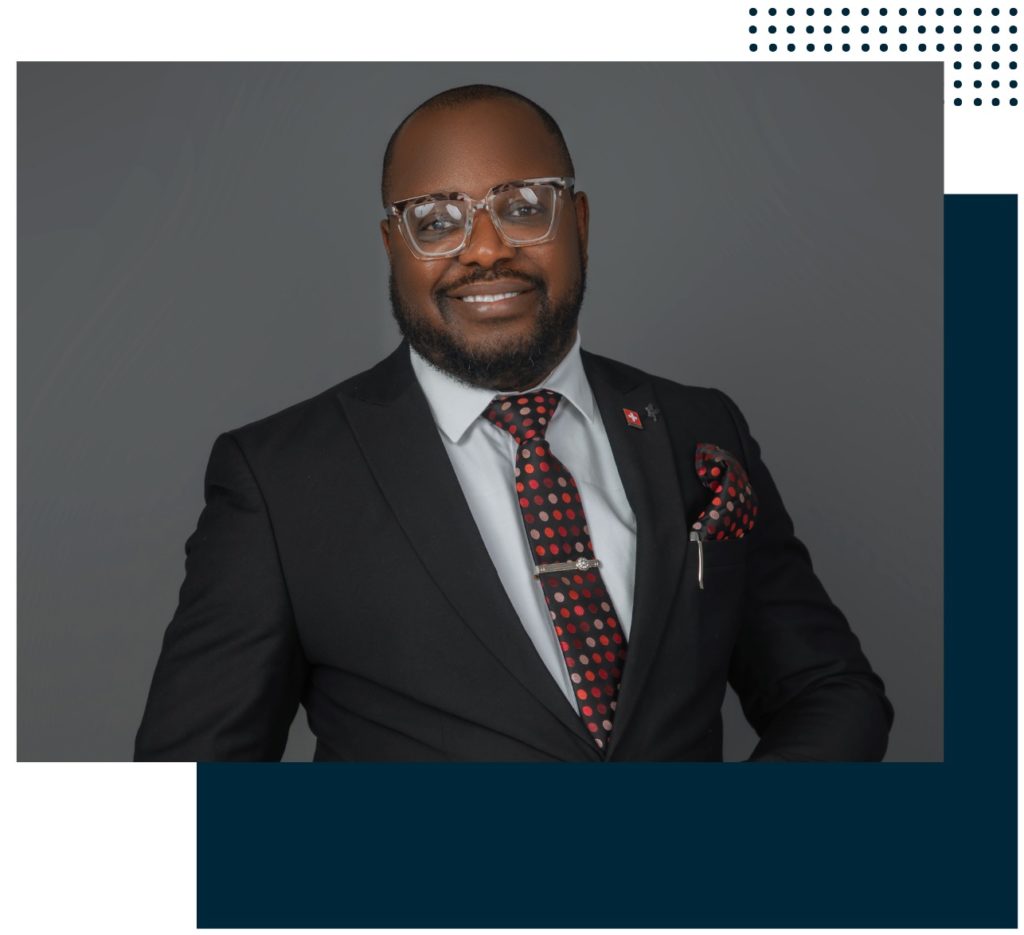NEW BOARD DIRECTOR: CHINWIKE OKEREKE
The ICoCA Board of Directors proudly announces the election of Chinwike Okereke as a new CSO Pillar Board Director, effective December 2023.
 |
|
We had a conversation with Chinwike to talk about his new position on the ICoCA Board.
What is the African Law Foundation (AFRILAW)?
The African Law Foundation (AFRILAW) is a Nigerian non-profit and non-governmental Law, Justice and Development organisation founded in 2013, with its Headquarters in Abuja and a branch office in Enugu. With a dedicated team of 9 employees, AFRILAW strives to make a meaningful impact in Africa and promote a just and equitable society.
AFRILAW engages in a range of initiatives including policy advocacy, capacity building, legal aid services, campaigns, and awareness-raising to promote the rule of law, protect human rights, ensure access to justice, and advocate for peace and human security. These efforts encompass various activities such as community development and mobilisation, research and documentation, consulting and technical services, as well as fostering partnerships, network building, and coordination. The organisation also addresses a wide range of other topics, such as gender justice, public health, drug policy reform, anti-corruption, refugee and migration issues, poverty eradication, environmental sustainability, access to justice, peacebuilding, constitutional and justice sector reform, minority and disability rights, international criminal justice, business and human rights, economic and social rights, and democratic governance.
Why did AFRILAW decide to become a Member of ICoCA in 2017?
AFRILAW membership provides our organisation with an opportunity to expand our work and impact in promoting corporate accountability and security sector governance, particularly in the private security sector. These aspects are crucial in ensuring a safe, just, and prosperous society, as well as sustainable development, especially in Africa.
What prompted your decision to join the ICoCA Board of Directors?
As a Human Rights and Development Law Expert, I joined the ICoCA Board of Directors to contribute my professional experiences towards achieving the goals and objectives of ICoCA. My aim is to create an impact and advance effective private security governance and responsible services globally, with a particular focus on Africa.
Why does ICoCA’s mission resonate with you?
The private security industry is experiencing astronomical growth in Nigeria and globally, accompanied by inadequate regulatory frameworks and standards of operation, often disregarding the best international norms and practices. ICoCA is actively working and intervening in this context by promoting improved standards and responsible private services within the industry. AFRILAW is proud to join ICoCA, and together, we are advancing these efforts and transformations in Nigeria and across the globe.
Coming from the African Law Foundation, how do you perceive the challenges and opportunities in regulating private security companies in the African context, and how can ICoCA contribute to addressing these issues?
Most challenges in regulating private security companies in Africa stem from the growing issue of poor private security governance influenced by political leadership and governance across many African states. Weak governance structures and political leadership in Africa have allowed for the existence of poor operational standards and regulatory frameworks, disregarding the best international norms and practices by Private Security Companies (PSCs). However, this also provides a significant opportunity for ICoCA to initiate regional advocacy programmes and interventions in promoting private security governance, regulatory reform, and improved standards of operation in line with international norms and practices for responsible services. This can be achieved through effective engagement with policymakers and stakeholders, as well as capacity building across Africa.
What, in your view, are the challenges and opportunities that lie ahead for the Association in the coming years?
One of the key challenges facing the Association is ensuring and increasing political support, state buy-in and membership, to enhance private security governance and responsible services. This challenge also has a negative impact on the participation and membership of many PSCs globally. The limited number of states and PSC memberships creates an opportunity for continued stakeholder engagement and advocacy for improved private security governance and responsible services. Furthermore, increased membership would provide an opportunity for more funding from both Member states and companies.
Additionally, there is a general lack of understanding and awareness regarding the significance and contribution of private security services in the overall security sector architecture, among states, security actors and the general public. There is a need for improved stakeholder support and public engagement, as well as awareness-raising through partnerships with various state actors. The challenge also extends to limited funding, as the private security governance sector faces constrained opportunities within the general security sector funding landscape. However, there is an opportunity for active resource mobilisation and engagement with global and local security sector governance funders to secure increased funding support for the private security sector.
